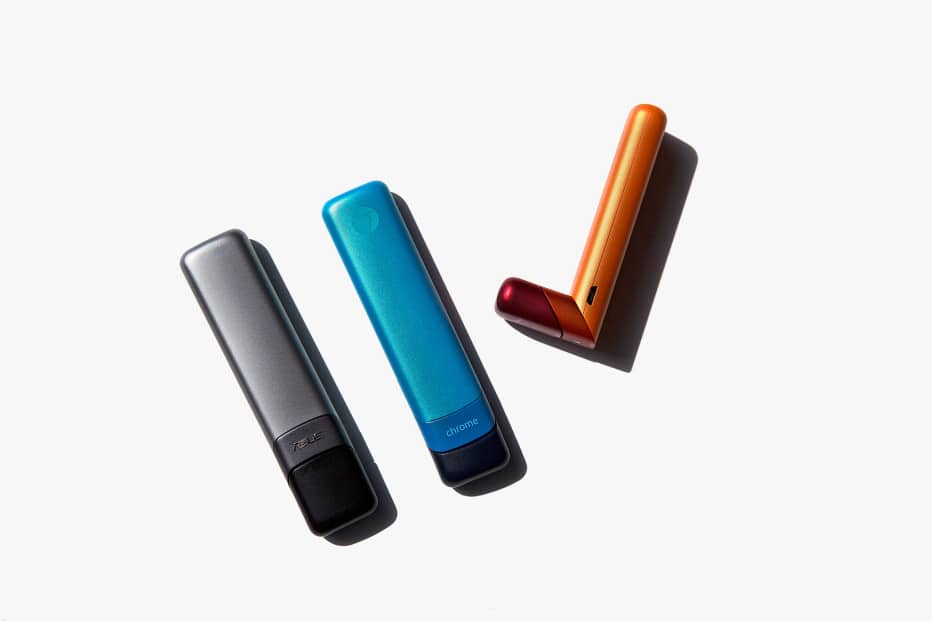After celebrating four years of Chromebook success and experiencing the rising popularity of Chromecast, Google has unveiled another device that could add to its Chrome-centric tech takeover.
Google recently announced the release of the Asus Chromebit, a device that adds a new level to portability when it comes to computers.
The small, sleek dongle has the ability to turn nearly any TV screen into a fully-functioning computer, and it will cost consumers less than $100.
This differs from Google’s Chromecast, which is anchored in useful apps as opposed to providing full browser-based computer capabilities.
To be clear, the Chromebit is many things — convenient, stylish, affordable and impressive overall — but it wouldn’t quite make the cut as being innovative.
Google is a tad bit late to the computer-in-my-pocket party after Intel announced its Intel Computer Stick back in January. Not to mention China-based companies have been pushing out Android HMDI dongle-computers for almost a year now.
The Intel and China-based versions of the devices boast Windows 8.1 operating systems and Rockchip RK3288 processors, respectively.
Google, after already utilizing the same Rockchip processors for its Chromebook, will continue to hold on to its Rockchip ties while adding a list of additional, impressive features.
“In addition to your Rockship RK3288 (with quad-core Mali 760 graphics) you get 2GB of RAM, 16GB of solid state storage, 2×2 dual-band 802.11ac WiFi, Bluetooth 4.0, and a single full-size USB 2.0 port on one end,” Gizmodo reports.
While Google may have lagged slightly behind its competitors when it comes to the new dongles, the tech giant dealt with its tardiness in its usual ways — be fashionably late.
Of all the dongle-computers being introduced to consumers, Chromebit is the most aesthetically pleasing.
It comes in three different colors and flaunts a sleek, functional design that even Intel missed the mark on.
The Chromebit boasts a swivel design that ensures users can plug the device into any HDMI socket without much fuss or stress.
It’s also priced much lower than its Intel rival, which touts a price tag of roughly $150.
The new device is slated to hit shelves this summer and is sure to be followed by a host of other tech giants tossing their own dongle-computers into the ring.
Perhaps this tech battle will heed more impressive competitors than the much-hyped and quickly dismissed battle of the smartwatches.




